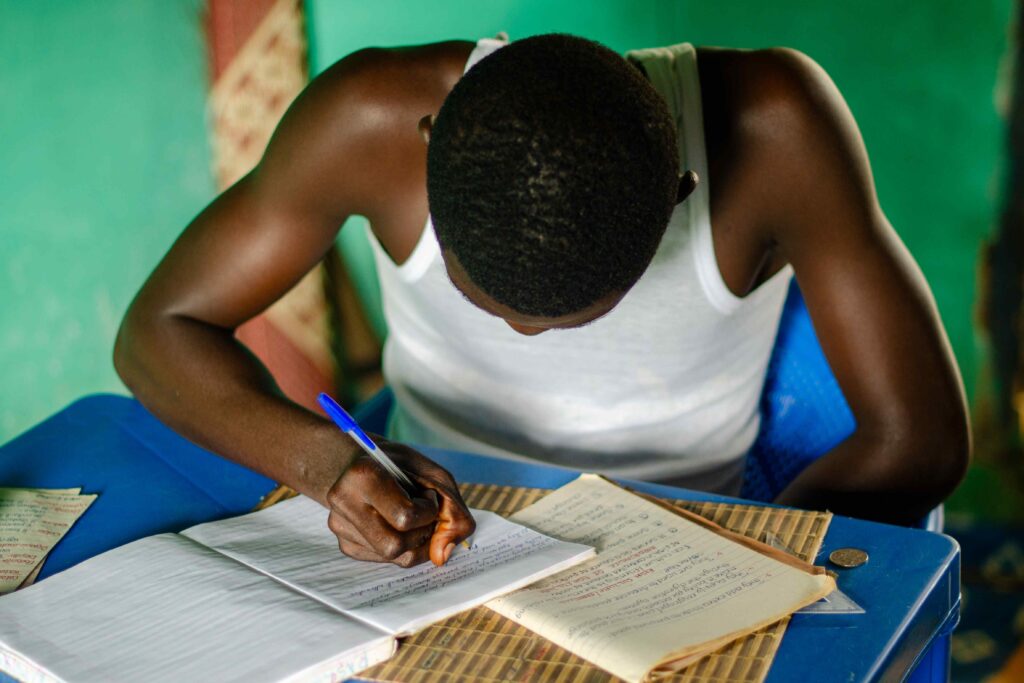Two Sides of a Coin

As a young girl, I don’t ever recall absolutely loving school. It was just one of those mandatory requirements, and I was keenly aware of the expectation to excel. At the time, the thought never crossed my mind that countless children worldwide yearned for an education but lacked access due to limited resources. My travels opened my eyes to the stark contrast in the role of education between developed and underdeveloped countries. It seemed children who reside in impoverished communities lived two very different realities—those who had the resources to attend school and those who did not. The latter had to work at a young age to help support their families. Despite the different paths, what struck me was the shared sense of value, hard work, and determination exhibited by these children in both scenarios.
The children who are fortunate to attend school value education tremendously. I was reminded of this when I visited a school in the small village of Brenu, Ghana. These children took great pride in sharing their knowledge and academic progress with me. As I strolled through the courtyard, eager students surrounded me, excitedly sharing their grades and demonstrating their understanding of world geography. They reveled in showcasing their English skills. It was unmistakable that they held a strong sense of pride, fully cognizant that this educational opportunity wasn’t universally accessible. They recognized that education had the potential to transform not only their lives but also those of their families. I firmly believe this awareness, coupled with an understanding of the sacrifices made, served as a powerful driving force towards their pursuit of academic excellence.
On the other hand, parents or caregivers facing financial constraints, unable to afford tuition, uniforms, and books, take on the responsibility of teaching their children practical labor skills. In doing so, they instill a robust work ethic, empowering their children to contribute to the household. I was truly impressed by their capabilities and business savviness —children actively managing their parents’ shops, tending to farms, or herding camels. There was no leisurely idling away the day with friends or watching television. In cases where attending school was not feasible, the prevailing belief was that hard work served as the next best alternative.
Observing two distinct lifestyles, I discovered they shared common motivators—qualities such as grit, ambition, and determination. Tied to this sense of responsibility is an unyielding hope—a hope for a brighter future achieved by excelling in whatever path lies ahead.

